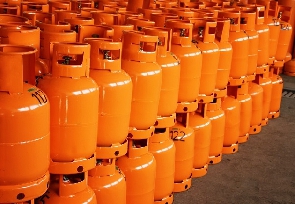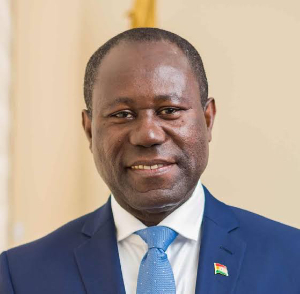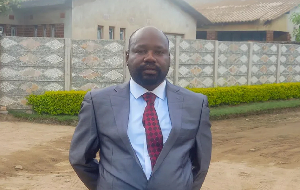The National Petroleum Authority (NPA) has warned the public that storing cylinders indoors is extremely dangerous.
Mohammed Abdul Kudus, the NPA’s Head of Communication, explained that in the event of a leak, the naked eye cannot see gas, thus the need to keep cylinders outside to avoid a fire outbreak.
He stated that while some people did not want to leave their cylinders outside for fear of theft, it is not safe.
He explained that while using the cylinder is not necessarily dangerous, the content, which is gas, is dangerous because it is highly flammable.
"The gas in the cylinder is highly flammable, and there is no guarantee of safety if there is a leak. However, if there is a leak and a small spark of fire, there will be an explosion and possibly a fire outbreak. Do not store the cylinder in a confined space. To ensure your safety, stay keep it an open and airy space.”
He stated on Rainbow Radio 87.5 Fm’s Frontline that users must protect themselves as well as those around them.
"Consider what should be done to protect yourself, your property, and the people around you. If you are concerned about the possibility of theft, put in place a mechanism to prevent people from stealing it. If not, be prepared to be aware of the safety mechanism if the cylinder is around you. This is not a law, but it is something we have implemented to ensure user safety. We are working with the Ghana National Fire Service on this.”
He revealed that data from the GNFS shows that there isn’t a day that goes by without a gas explosion being recorded.
He claimed that gas explosions were to blame for several outbreaks.
He added that the life span of a cylinder is ten years and that buyers must always purchase cylinders with manufacturing dates so that they can track the use and years and dispose of them when the life span expires.
In addition, several people were admitted to emergency wards after experiencing gas explosions.
"It appears there’ve been many accidents related to gas explosions, so the management has tasked us to go out there and educate people hoping that they are many people away first of all from the use charcoal and firewood to LPG and secondly be conscious of the safety they need to adopt as they use it.”
General News of Wednesday, 14 June 2023
Source: rainbowradioonline.com













